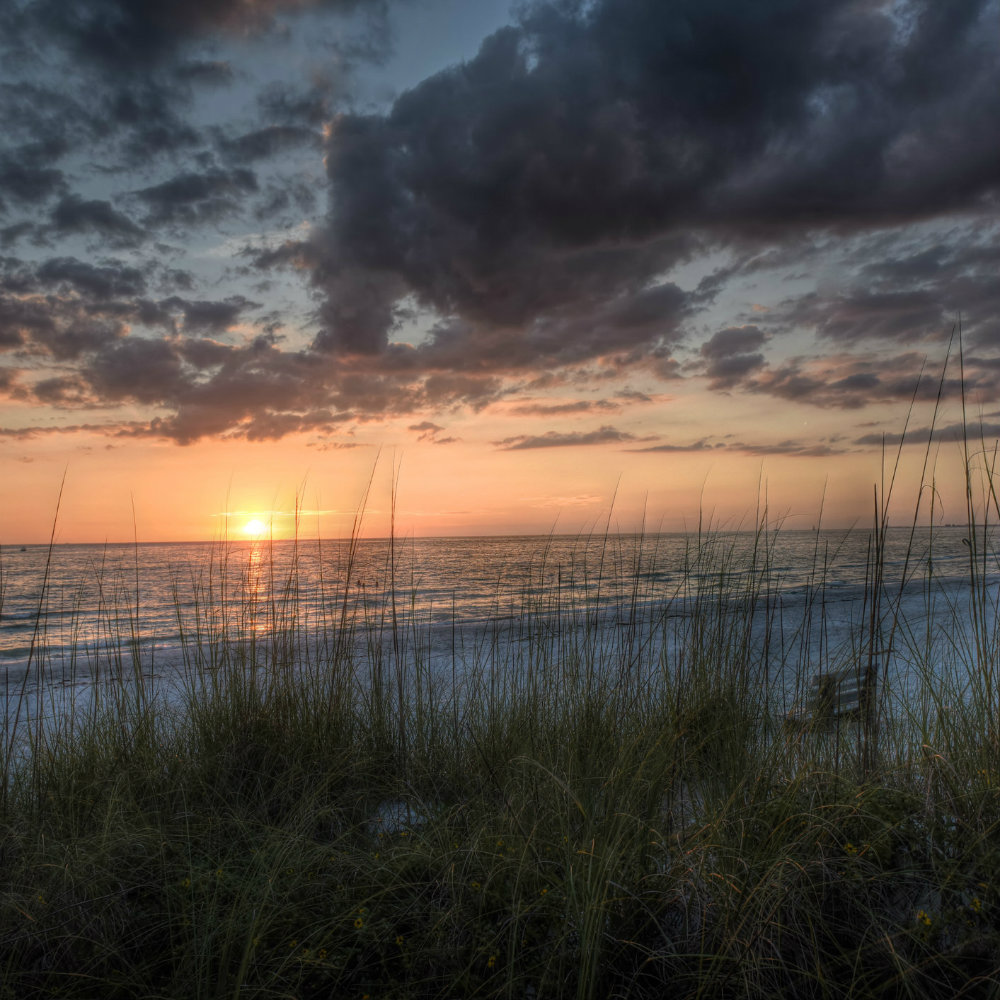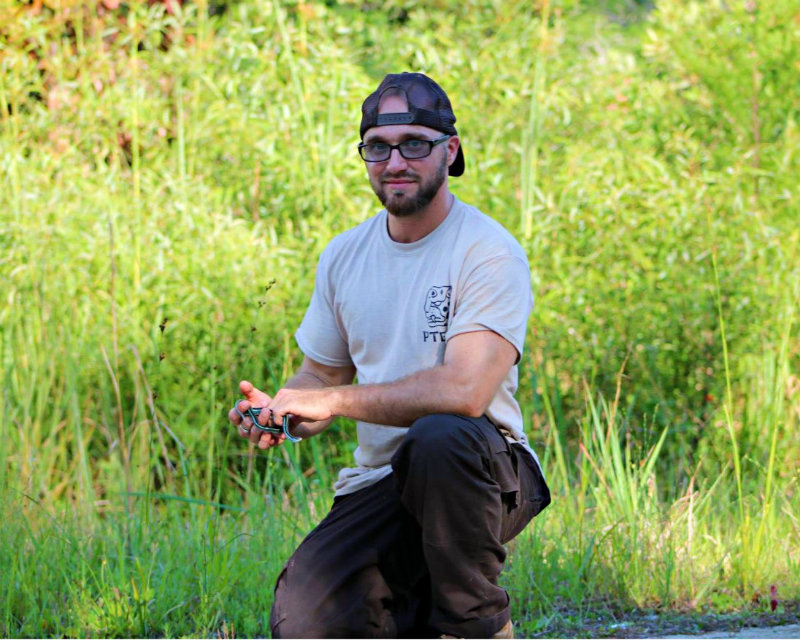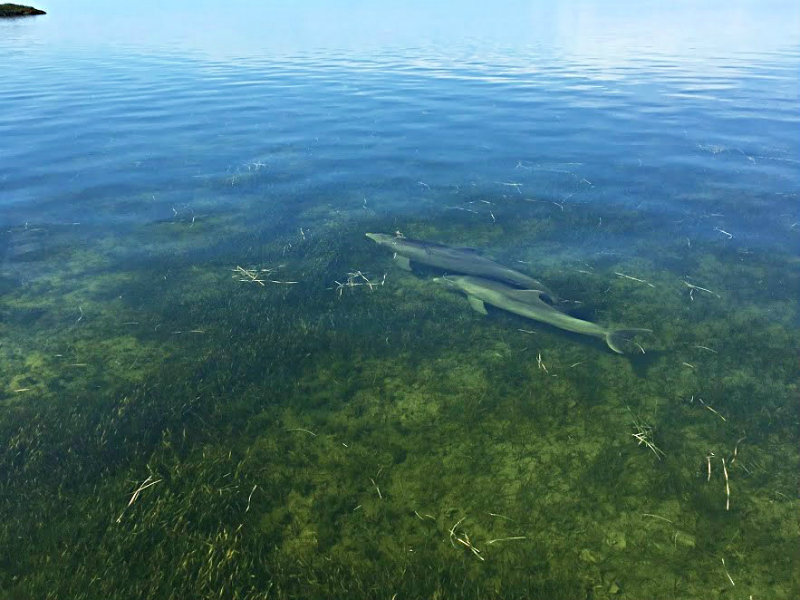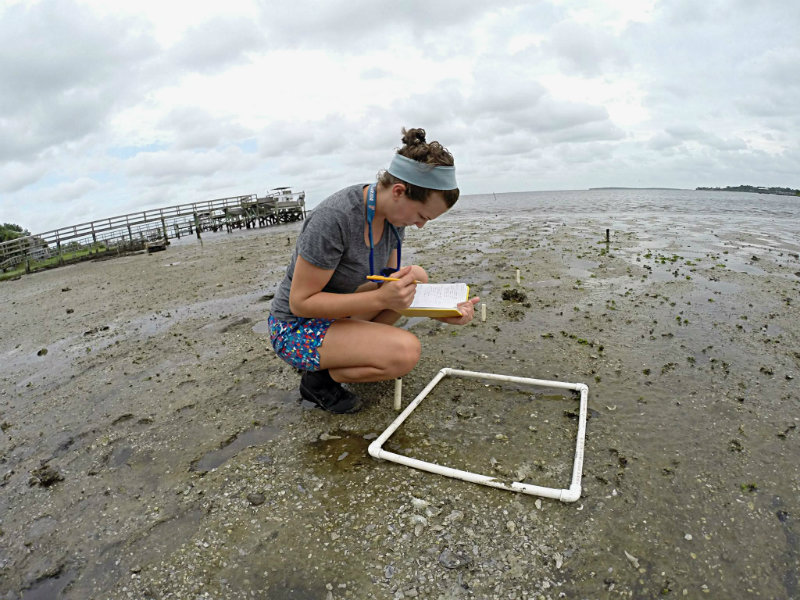
Last summer, Cory Gillis found himself waking before dawn at the Lower Suwannee National Wildlife Refuge, where he’d been assigned to track the breeding calls of the northern bobwhite quail as part of an internship with the U.S. Fish and Wildlife Service. But he wasn’t complaining.
“It was amazing to be out in the forest before sunrise in an area without any human influence, not even a sound,” said Gillis, now a senior in the University of Florida department of wildlife ecology and conservation.
Summer internships like Gillis’ are made possible by Nature Coast Biological Station, part of the UF Institute of Food and Agricultural Sciences. Each year, the station selects a handful of students in the UF College of Agricultural and Life Sciences for internships with various researchers, agencies and labs on Florida’s Nature Coast.

Intern Cory Gillis holds a snake during his internship at the Lower Suwannee National Wildlife Refuge. Photo courtesy of Cory Gillis.
Applications for 2017 summer internships will be open in February, said Savanna Barry, Florida Sea Grant regional specialized agent based at the UF/IFAS Nature Coast Biological Station. This winter, another group of students will intern with the Crystal River National Wildlife Refuge, where they will collect data on manatee-human interactions and assist with other duties around the busy manatee tourism season, Barry said.
“The internship program is an important part of our mission because it helps us connect students with real world research and outreach opportunities,” she said.
Hannah Van Horn, a senior in the UF environmental science department, spent much of her summer internship boating or swimming in the Gulf of Mexico. She helped collect data on water quality, macro algae and seagrass for the St. Martins Marsh and Big Bend Seagrasses Aquatic Preserves.
“I grew up in Ohio and have only lived in Florida for college, so working in the Gulf was a new experience and a dream come true,” Van Horn said. “I had so many personal experiences with both flora and fauna. I was fascinated with dolphins growing up, and seeing them in the wild confirmed to me that I am pursuing a meaningful career path.”

Photo courtesy of Hannah Van Horn
Offering student internships through the UF/IFAS Nature Coast Biological Station has been a priority for Jack Payne, UF senior vice president of agriculture and natural resources, and Mike Allen, UF/IFAS NCBS director, Barry said.
“UF graduates need to be competitive on the job market, and we see these internships as one way to give students experiences that will make them stand out to potential employers,” she said.
In addition to work experience, interns also get practice communicating science to the public, Barry said.
“Interns write about their experiences on the UF/IFAS NCBS website and social media, and their enthusiasm about science can be contagious,” she said.

Julia Richter is a senior in the UF department of agricultural and biological engineering specializing in land and water research. Here she collects data for her internship under the direction of Mark Clark, associate professor of soil and water sciences, at the Cedar Key Living Shoreline Demonstration. Photo courtesy of Julia Richter
Visit the UF/IFAS Nature Coast Biological Station website for internship applications and more information.